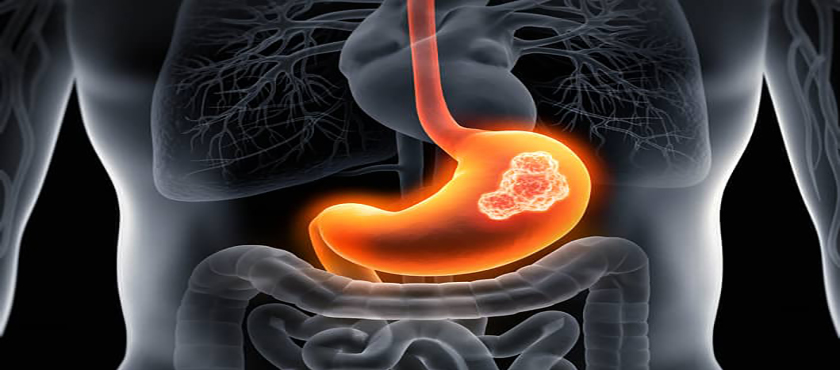Gastrointestinal (GI) cancer surgery is a broad term that encompasses various surgical procedures aimed at treating cancers in the gastrointestinal tract. GI cancers can occur in different organs, such as the esophagus, stomach, liver, pancreas, small intestine, colon, and rectum.
What is Gastrointestinal cancer?
GI cancer, also known as gastrointestinal cancer, refers to the group of cancers that can occur in various parts of the gastrointestinal tract, which includes the organs responsible for digestion and nutrient absorption. These cancers can develop in the esophagus, stomach, liver, pancreas, small intestine, colon, and rectum.
What are the symptoms of Gastrointestinal cancer?
The symptoms of gastrointestinal (GI) cancer can vary depending on the specific type and location of the cancer. In some cases, the symptoms may be vague and easily attributed to other conditions, which can make early detection challenging.
- Difficulty Swallowing (Dysphagia)
- Persistent Indigestion or Heartburn
- Unexplained Weight Loss
- Abdominal Pain or Discomfort
- Changes in Bowel Habits
- Blood in Stool
- Fatigue and Weakness
- Jaundice
- Nausea and Vomiting
- Bloating





